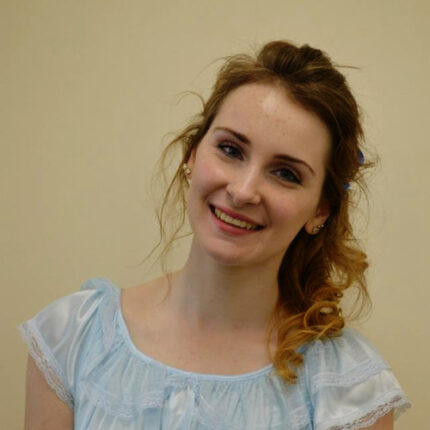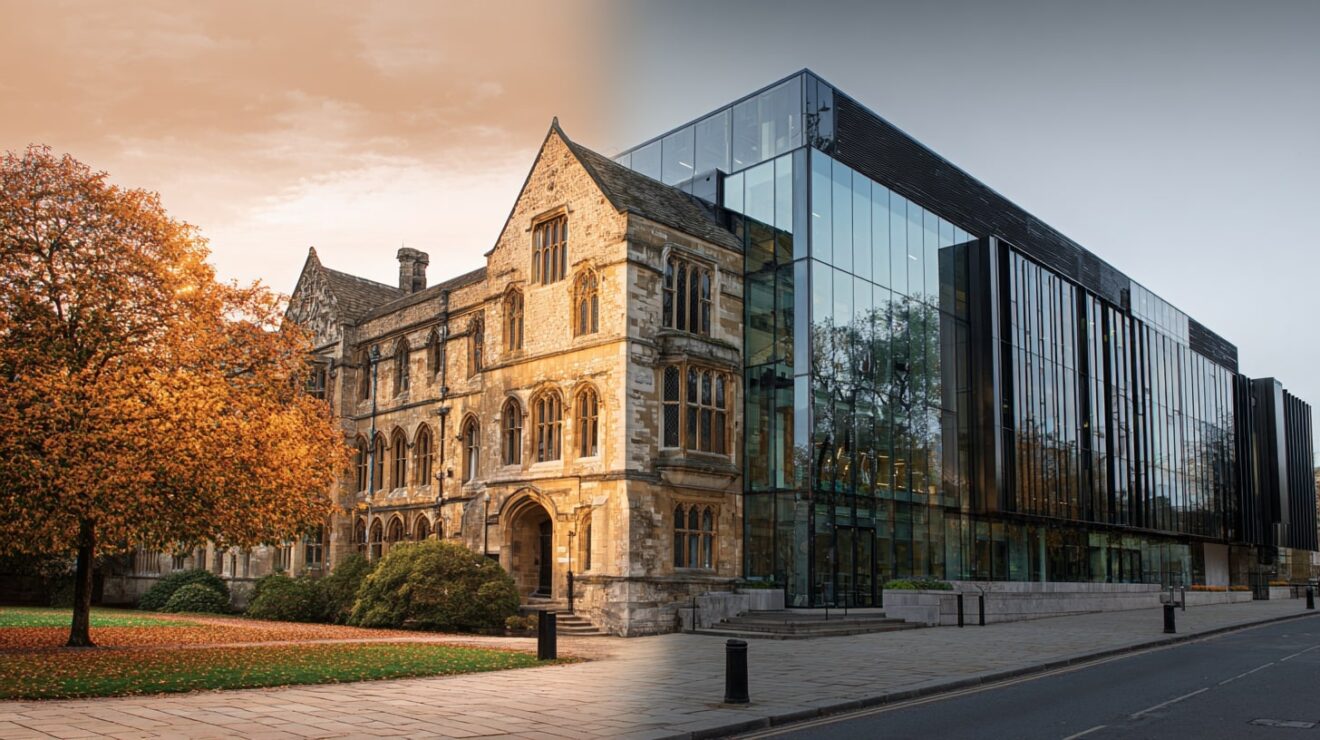The “civic agenda” in higher education has long been seen as the domain of the university.
Yet we’ve spoken to lots of SUs who have been offered or tried to get some money for these “civic things” – and then struggled to stick the landing and make the link to how it ties back to representation work.
Much digital ink has already been spilled on the question of community organising and higher education as a whole, but we feel SUs might be missing a trick by not considering how they can take advantage.
Not only are they potentially missing out on additional funding, but also opportunities to build relationships with the people who have power to make change in the local area – something that is becoming increasingly important.
Building and winning in Reading
Citizens UK chapters are broad based alliances of community organizations from across their communities. They can include places of worship, unions, schools, community groups, universities, and students unions – anywhere where people come together with a purpose can join.
These chapters have three purposes:
- Develop leaders – at all “levels” of the payscale and beyond it through robust and academically accredited Community Leadership Training
- Strengthen institutions – through helping them to apply their training and understand the needs of their communities
- Win change – by coming together to take action and build accountable relationships with those in power
Reading SU joined the Reading chapter of Citizens UK just over a year ago alongside their university as founding members. For us, being a founding member of the chapter has allowed it to have a greater say in shaping the issues the chapter focuses on, and provided students with opportunities to play leading roles in actions by providing testimony and negotiating directly with those in power.
Citizens UK’s principles align almost directly with what we aim to do as a students’ union, so using their community organising tools and principles allows us to do what we’ve always done but in a more efficient and coherent way.
We’ve started to pivot from a democratic system where officers were appointed project leads on student ideas, to one where the general practice is to support students to lead on creating the change they want to see themselves. This ambition to continue empowering students will hopefully help to embed a civic ethos within across wider campus culture as well as the SU itself.
Citizens UK is the birthplace of the campaign to make misogyny a hate-crime, and as part of the wider Chapter, Reading SU is teaming up with Milton Keynes Citizens to lobby Thames Valley Police to improve their response to misogyny – work students have repeatedly shown they are passionate about. This has started with how they report and handle the data relating to it with a view to going broader.
Recently they have committed to implementing a sexual harassment in the workplace toolkit across their organisation and sharing it with the other organisations they work with. Students were involved with a project directly tackling an injustice they face far too often, strengthening the SU’s relationships with the local community as we unite in a shared purpose, and given the SU a chance to make change that we couldn’t have done alone.
Zooming out
There are lots of other amazing examples of SUs trying their hands at the civic agenda. The SUs in Nottingham have a formal partnership to work on getting a seat at the table with their city leaders – and are now working with Nottingham Citizens to explore using community organising in densely populated student areas.
SUs in Birmingham met last year, agreeing on joint priorities across the city. The challenge with activity like this is how it can be directed to ensure impact. Too often when an SU meets with a local politician, a council cabinet member or an MP it becomes very clear that they have little interest in doing much more than a photo op (unless it’s election season when you might squeeze in a hustings).
A common refrain from politicians and the press is to the effect of “students are a transient population, so why should I bother thinking about their needs?”, and SUs are often there to fill the gaps, or remind people of these gaps. SUs exists to represent both current and future – as Sheffield SU demonstrates with their “Ours For Life” 18 year strategy. To do so successfully you need to be able to build power, influence and impact over a sustained period beyond the campus – by building accountable, long lasting, relationships with those in power.
We believe that broad based community organising can help build these relationships. By working with experienced, professional, community organisers, and by joining a local alliance you can tap into existing expertise, and are in with a chance of winning things you wouldn’t otherwise have the power and influence to attempt. This way, you can ensure that you won’t just be cast aside outside of election season by the political leaders of your localities.
Feeling part of the city
Reading has also found that, through engaging students in the civic agenda and fighting for public values, students’ sense of belonging has been cemented in the town. The focus shouldn’t be on students as a transient community but instead actively thinking about how to retain them – and their skills – in the local area. Organising and introducing students to the “civic world” allows students personal development opportunities that aren’t readily available through the academic experience and helps to “break the university bubble” – bridging the gap between the campus university and the local community.
Having shared experiences or values connects individuals whose paths would not normally converge and working together on projects is therefore mutually beneficial. It was only recently that one of our students stood in front of 70+ members of the Reading community to share her experiences of injustice within the town, it was hugely powerful.
She was commended for speaking out and felt heard and more connected to Reading as a result. It is clear that students are keen to be involved in this sort of work, particularly postgraduates who are typically less likely to engage with a students’ union, and so vocal activism should continue to be fostered wherever possible.
You need a seat at the table
A constant refrain in community organising is “you get the justice you have the power to compel”, paraphrasing the Ancient Athenians in the Melian Dialogue. We say this not just to be shocking, or depressing, or because we’re big nerds for old dead white men.
We come back to it because it’s an important reminder that being right is not enough to win. You need to build power, which needs people, money, and sustained effort.
With debates about “civic washing” going on elsewhere, this approach provides an opportunity to not just grab some nice PR wins or host some face painting open days – but to actually win change for students in the wider local community.
This year in August Citizens UK is offering a two-day residential training event for SU sabbatical officers and staff. Details here.



















